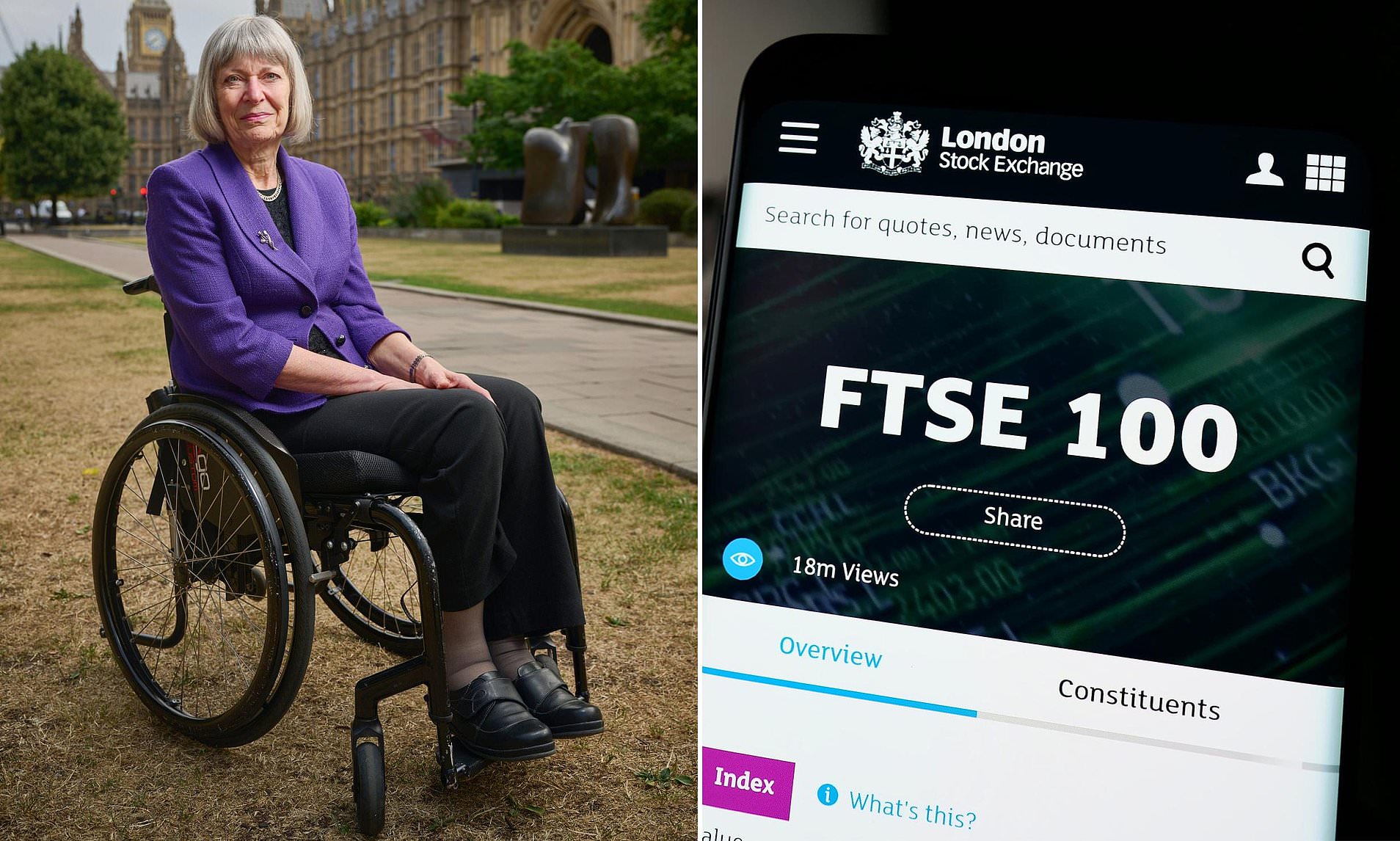A Call for Inclusion: Leading Businesswoman Champions Disability Representation on Corporate Boards
Sara Weller, a prominent business leader and advocate for disability inclusion, is urging corporate boards to take meaningful steps toward ending discrimination and ensuring representation of people with disabilities in top leadership roles. At 63, Weller, who lives with multiple sclerosis and uses a wheelchair, has built an impressive career across various sectors, including retail, banking, and utilities.
Weller currently serves on the board of BT, one of the UK’s largest telecommunications companies and a member of the FTSE 100 index. Her career includes leading Argos, serving as a director at Virgin Money, Lloyds Banking Group, and United Utilities, and contributing to the development of major organizations. Despite her achievements, she highlights a troubling reality: she is the only person with a known disability among approximately 1,000 directors on FTSE 100 boards.
In a recent speech at the House of Lords, Weller emphasized the need for change, particularly following the launch of a report by ActionAble 2025, an initiative she co-founded. The organization aims to support disabled individuals in achieving their full potential in the workplace. Weller pointed out that while 450 of the 1,000 director positions on FTSE 100 boards are held by women and around 190 by people from ethnic minority backgrounds, only one position—hers—is occupied by someone with a disability.
She believes that many disabled professionals choose to conceal their conditions due to fears of professional repercussions. This lack of openness, she argues, creates a “veil of secrecy” around the issue, discouraging others from speaking up or seeking opportunities.
Weller stresses that the matter is not about being kind to people with disabilities, but rather about recognizing the value they bring to businesses. She explains that companies miss out on both talent and valuable insights when they fail to include disabled individuals in their leadership structures. According to her, two out of five customers with disabilities report difficulty accessing the products and services they need, highlighting the importance of inclusive practices.
Key Recommendations for Businesses
To address these challenges, Weller has outlined several key actions that large corporations should consider:
- Transparency: Companies should openly share their goals and progress regarding disability inclusion. This helps build accountability and encourages continuous improvement.
- Fair Recruitment: Ensuring that hiring processes are free from bias and accessible to all candidates, regardless of their abilities.
- Listening to Disabled Employees: Boards must actively seek input from disabled employees to understand their needs and experiences better.
Weller also calls for a cultural shift in how disability is perceived in the workplace. By fostering an environment where diversity is celebrated and inclusion is prioritized, businesses can unlock new perspectives and drive innovation.
Her message is clear: the time for change is now. As she stated, she hopes that by next year, the number of disabled individuals on FTSE 100 boards will rise from one in a thousand to 25 in a thousand. This goal may seem ambitious, but Weller believes it is achievable if companies commit to making disability inclusion a priority.







